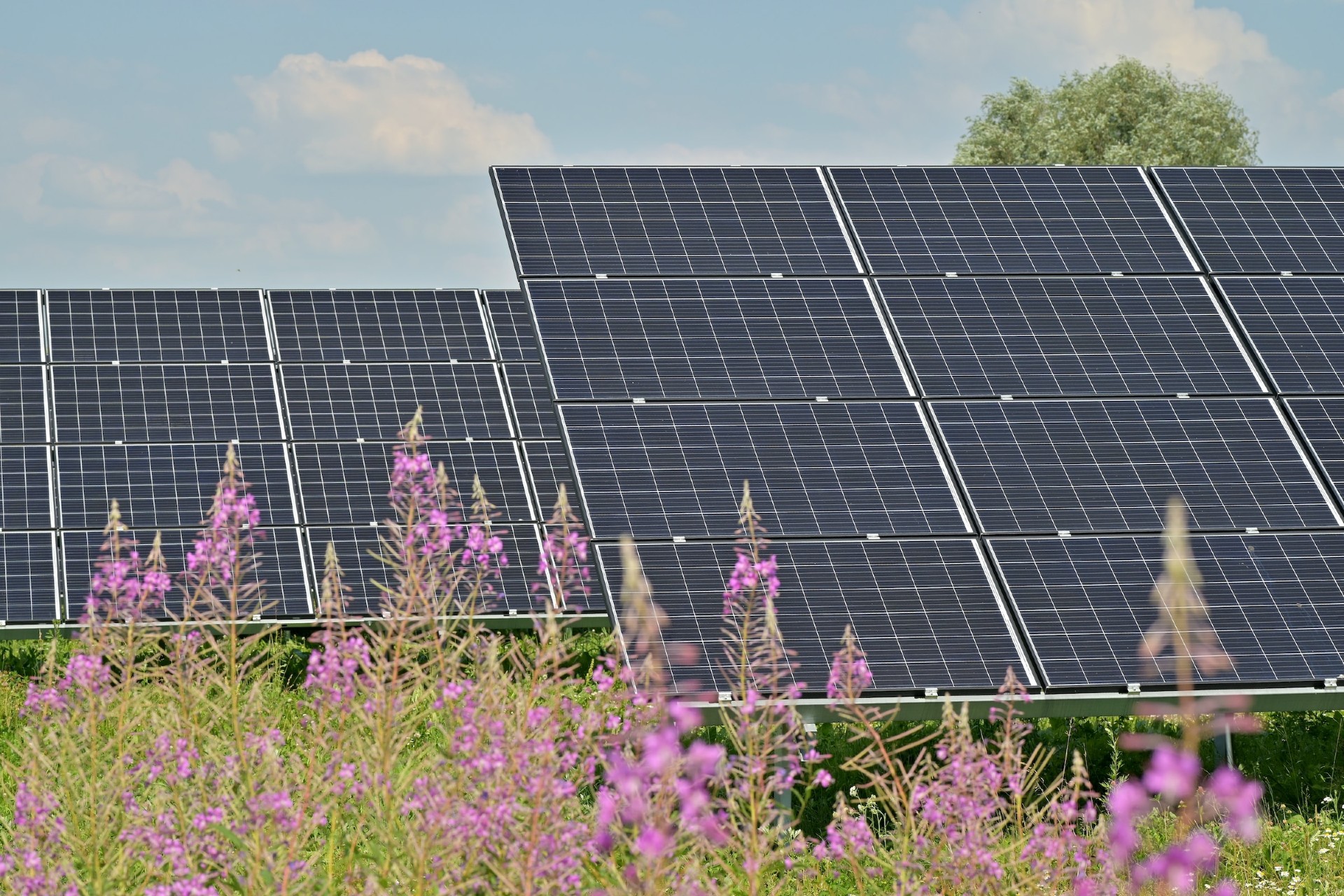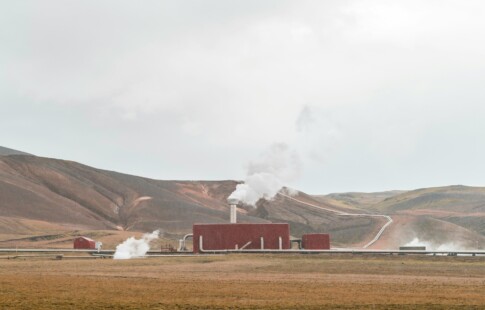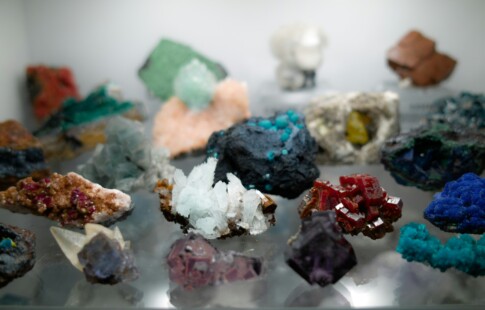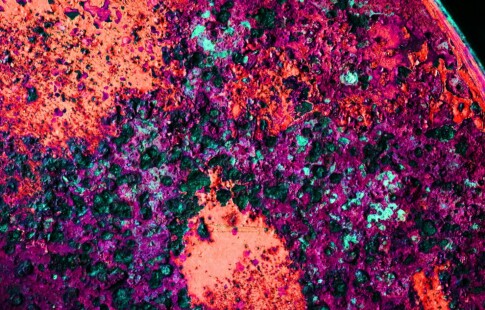
12 Interesting Pros and Cons of Solar Energy
We are reader-supported. When you buy through links on our site, we may earn affiliate commission.
While solar energy mainly provides excellent benefits, its use comes with some significant drawbacks. Here are the pros and cons of solar energy.
Cons of Solar Energy
Although the pros and cons of solar energy are relatively balanced in number, the negatives can be overwhelming.
1. Expensive
For most homeowners, the biggest disadvantage of solar energy is its price tag. A solar panel costs $3,500 – $35,000 on average, putting it out of most people’s budgets. While the government offers many financial incentives — grants, loans, and tax credits — the price still is a significant obstacle for many.
2. Damaging
The most significant disadvantage of solar energy use comes from the panel manufacturing process. It leaks multiple toxic chemicals into the soil, air, and waterways. For example, it produces arsenic, hydrofluoric acid, and carbon dioxide. Although environmental agencies and businesses in the industry are working to fix it, they don’t have a clear solution.
3. Huge
Even though solar panels are necessary for solar energy collection and utilization, they can take up a lot of space. While you don’t technically need many if you’re only partially using clean power, you need multiple to transition to clean power completely. If people don’t have a lot of free, empty space on their roofs, they can’t get as many as they need.
4. Unreliable
Even though the sun rises and shines daily without fail, solar isn’t a reliable power source. Although almost all ultraviolet radiation can pass through clouds, solar panels are sometimes only 10% – 25% efficient when it is overcast. Having to rely on the strength or presence of the sun isn’t ideal.
5. Non-Recyclable
Solar panels contain non-recyclable materials, so they stop being good for the environment when they don’t work anymore. Experts worry most of them will go to the landfill at the end of their lifetimes. This disadvantage of solar energy is significant because tossing thousands of panels into the trash could offset the environmental benefits of clean energy use.
Pros of Solar Energy
Even though the pros and cons of solar energy contain some particularly harsh points, the positives outweigh the negatives.
1. Marketable
Excess electricity is one advantage of solar energy homeowners will love. Since you can automatically store any solar energy you don’t use, you probably will have some leftover each month. Electricity companies are more than happy to take it off your hands for bill credits or a wholesale price.
People who live in sunny states, have extra solar panels, or don’t use much electricity can quickly save up solar energy to sell. Since they have to do virtually no work to get it, it’s like getting free money. Depending on your location, you could make thousands of dollars annually.
2. Weatherproof
Even though solar panels are less efficient in poor weather conditions, they’re pretty much weatherproof. Come rain, shine, sleet, or snow, solar energy exists — and panels still function. In fact, they actually perform better when it is cooler outside. They get more efficient with colder temperatures because solar cells are a semiconductor.
3. Abundant
In less than an hour, the planet gets enough solar energy to power the whole world for an entire year. On top of being renewable, it’s impressively abundant. While wind, geothermal, and hydropower need a specific, location-based resource to function, sunlight reaches every nook and cranny on the planet.
Out of all the pros and cons of solar energy, this is one of the most significant. Solar energy is everywhere, so everyone on Earth can utilize it — there’s nothing more sure than a sunrise. Even when it gets dark outside, buildings can still run on stored power until morning.
4. Clean
A huge advantage of solar energy is its cleanliness. It releases very few — if any — carbon emissions, unlike fossil fuels. As renewables go, it’s one of the more “green” options available. The solar panel installation process is minimally disruptive since people can place them on almost any existing rooftop. Plus, they don’t produce any hazardous chemicals while in use.
5. Practical
Even if homeowners don’t have a battery to store and sell their excess solar energy, they can use it to drastically lower their electricity bills. Although using it to power only 25% of your home may seem insignificant, you get to take that high of a percentage off of your payments. It ensures you get to have a bit of extra cash in your pocket each month.
6. Affordable
In the long run, solar energy use is extremely affordable. On average, most people pay about $400 in annual maintenance costs for their solar panels. Care generally includes cleaning and inspection, so they could spend even less if they handle the cleaning themselves. Since upkeep doesn’t require any fancy tools or subscriptions, homeowners only really need to consider the initial product and installation costs.
7. Self-Sufficient
Energy independence may be the biggest advantage of solar energy use because it’s a safety net in emergencies. People can use it to protect themselves in case anything happens to the power grid since it’s essentially like the better version of a generator.
Think back to the Texas freeze of 2021, where many families went without power for four days in subzero temperatures. The fossil fuel facilities supplying electricity couldn’t handle the cold, so they failed. Even wind energy didn’t help, as many turbines slowed.
These extreme situations don’t happen often, but it’s essential for people to have a viable alternative when they do. Solar energy will always be present despite severe weather conditions. Instead of relying on others to provide electricity in dire scenarios, they can use it to be energy-independent.
The Good and Bad of Solar Energy
The pros and cons of solar energy are mostly balanced, with a positive factor making up for a negative one. For example, consider how the high initial cost balances out with sellable power and lower electricity bills. While multiple significant downsides exist, solar is still one of the best alternatives to fossil fuels available.
Share on
Like what you read? Join other Environment.co readers!
Get the latest updates on our planet by subscribing to the Environment.co newsletter!
About the author
Maria Visser
Maria serves as the Assistant Editor of Environment.co. A true foodie and activist at heart, she loves covering topics ranging from veganism to off grid living.





